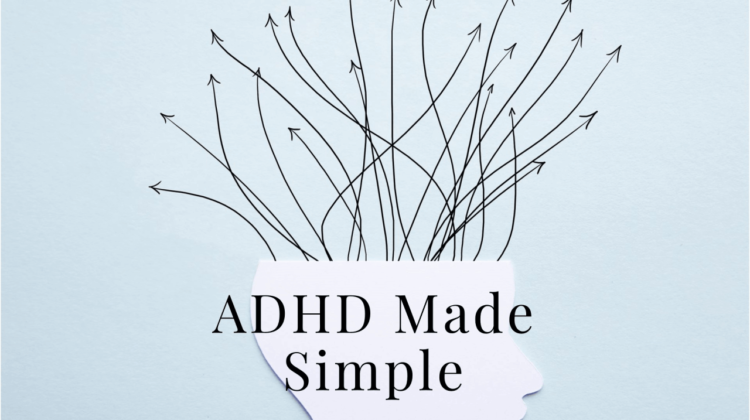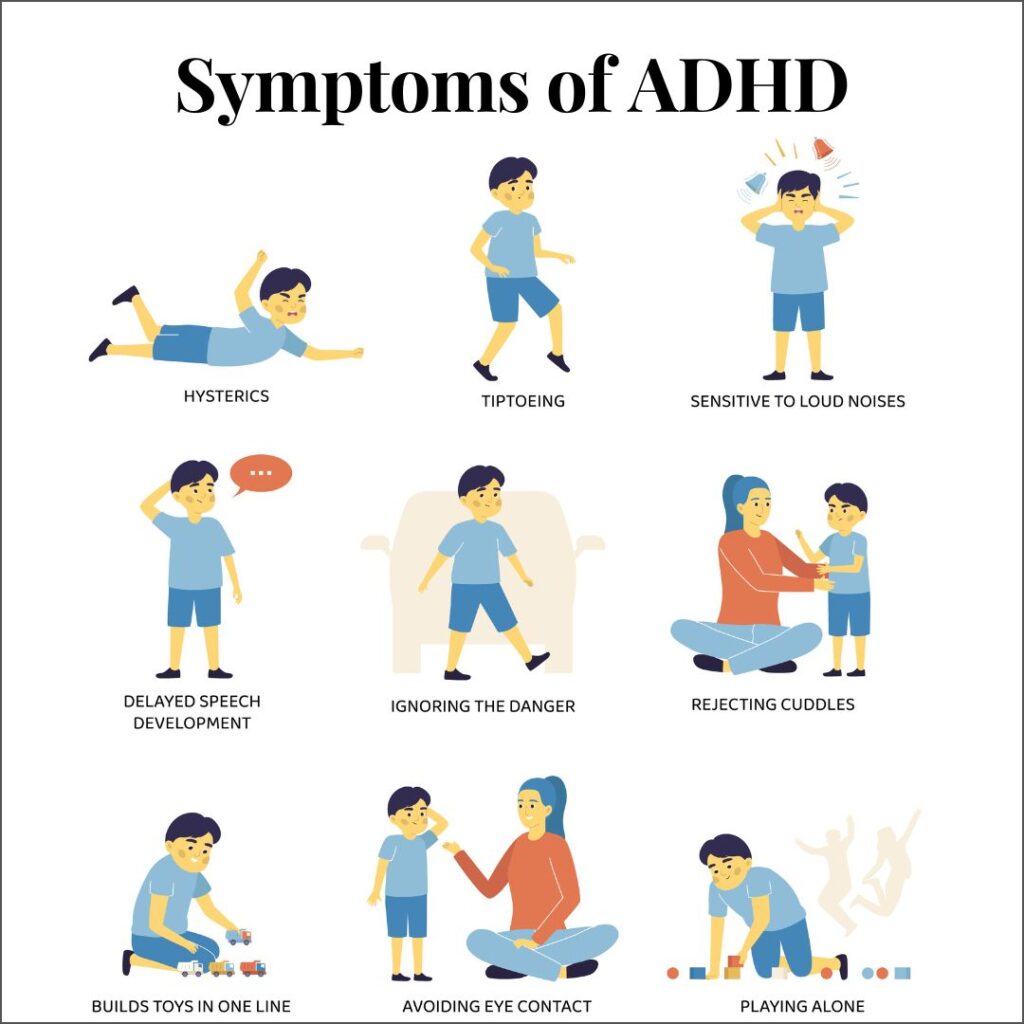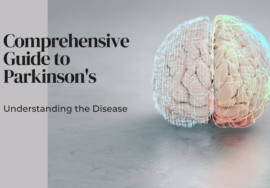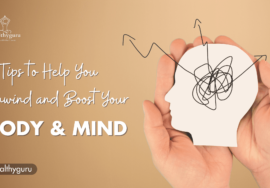
Understanding ADHD: A Simple Guide
Attention-Deficit/Hyperactivity Disorder, or ADHD, is a disorder that affects a person’s ability to focus, maintain calm, and regulate their behavior. It may make daily tasks difficult at work, school, and home. Let’s examine the definition of ADHD, its symptoms, and management options.
Table of Contents
Describe ADHD
An adult may develop ADHD if it was first diagnosed as a youngster.
Three kinds of existence:
Inattentive Type: Has difficulty focusing and completing activities.
Hyperactive-Impulsive Type: Has trouble regulating urges and sitting still.
Combined Type: Signs of hyperactivity-impulsivity as well as inattention.
ADHD symptoms
ADHD symptoms might vary from person to person and often manifest before the age of twelve. These are a few typical symptoms:

Lack of focus
- Having trouble focusing on specifics and committing thoughtless errors
- Inability to maintain concentration on duties or activities
- Regularly misplacing items like books, keys, or homework
- Easily being sidetracked
- Being careless in everyday activities
- Agitation
- Touching hands and feet or bouncing
- Having trouble remaining sitting
- Running or climbing while not supposed to
- Talking too much
- Having trouble playing quietly
- Impulsiveness
- Messing with other people’s games or chats
- Finding it difficult to wait for their turn
- Making hasty judgments without considering the repercussions
- Reasons and Danger Elements
Although the precise origin is unknown, a number of variables are probably involved:
Genetics: ADHD can be inherited because it frequently runs in families.
Brain Differences: Individuals with this may have different brain functions or architecture.
Environmental Factors: Premature birth, low birth weight, and exposure to chemicals during pregnancy can all raise the risk.
Identification
In addition to seeing the patient’s behavior and reviewing their medical history, a doctor may utilize surveys or conversations with the patient’s parents, teachers, and other relevant parties to diagnose.
Handling and Treating Attention Deficit Hyperactivity Disorder
Although that disease cannot be healed, there are several strategies to control its symptoms:
Medication: Certain medications, such as stimulants, can lessen impulsivity and hyperactivity while also enhancing attention.
Behavioral Therapy: Counseling can help educate coping mechanisms and behavior control techniques.
Support for Education: In schools, specialized plans such as Individualized Education Programs (IEPs) might be beneficial.
Healthy Lifestyle: Enough sleep, a balanced diet, and frequent exercise can all be beneficial.
Parent Education: Parents may pick up skills to help their kids behave and learn.
Having ADHD
Although this can be difficult, people can lead successful lives if they receive the appropriate help. Daily work can be made easier by establishing routines, defining clear goals, and utilizing organizing tools. Support groups can also offer encouragement and practical guidance.
In summary
Although ADHD is a complicated disorder, being aware of it might help you deal with its difficulties. People with this disease can thrive in their studies, careers, and personal lives with the correct therapies and approaches. Speak with a medical expert or check out websites like the National Institute of Mental Health (NIMH) or the Centers for Disease Control and Prevention (CDC) for additional information.


